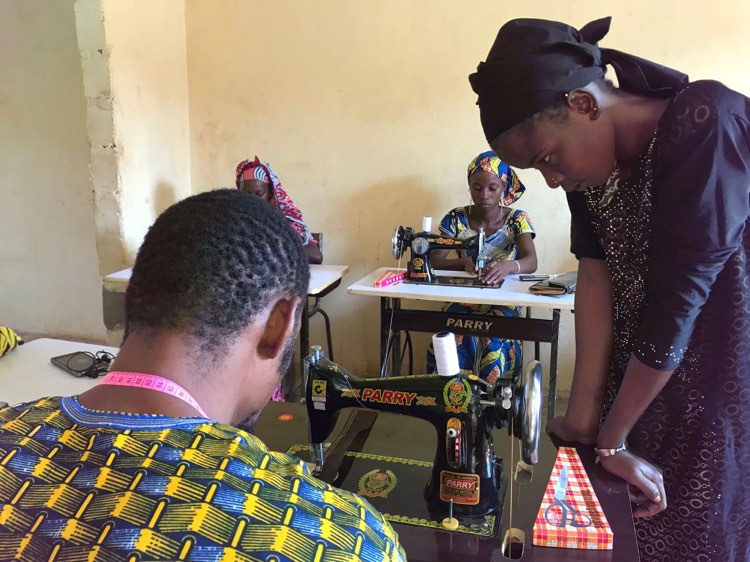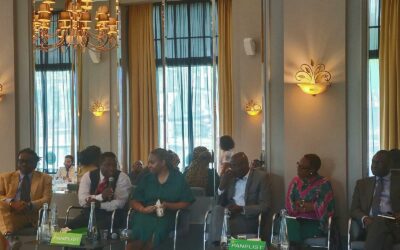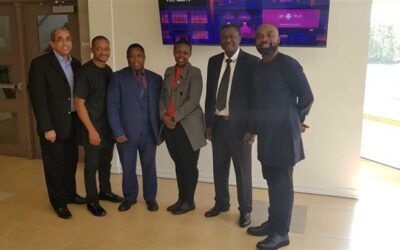MASSADA and AMAAFE have joined forces to create the project to support the Yirimadio women’s multifunctional centre in the commune VI of the Bamako District. The aim is to process fresh products in a factory and then sell them at an affordable price to the locals.
– Establishing sustainable consumption and production methods
AMAAFE has created a factory to meet a food need. The seasonality of fruit and vegetables is very important in Mali. Some plant-based foods are rare and inaccessible at a certain time of the year. Most of the existing brands are imported and people cannot afford to buy these products. AMAAFE was able to identify the needs of local consumers during its market research, and wished to ensure the diversification of the inhabitants diet. The aim is to create short distribution channels in terms of the products grown, processed and sold. “We developed this project with the community and realised that it was an opportunity that could be very profitable,” says Habiatou Khoulibaly.
Mohamed is also very enthusiastic: ” In the plant, everything works, but we have to see the profitability in the long term. The factory does not require a lot of capital to start up.”
– Strengthening the organisational capacities of the members
The training organised by ADEPT gave them a theoretical basis and a better methodology. “I appreciated the training in project management. This week of training made me realise that we were doing management, but without theoretical knowledge. Thanks to this support, we will work in a more structured way and we will be able to better evaluate the success indicators of our initiative. The acquisition of these new skills will help us consolidate our links with the donor.
For Mohamed, women’s entrepreneurship is one of the keys to giving them a greater place in the city. “We want mentalities to change and to give a place to women, who represent 50% of the Malian population. Entrepreneurship is a form of political involvement. They need to have competence and verve. Teaching a woman a profession gives her autonomy and allows her to take a greater role in the life of her neighbourhood. We would like them to have an equal place in political decision-making.
– Moving forward despite a complicated context
The situation in Mali is not simple. Between a health crisis and a political crisis, projects are unusual and so is funding. However, the activity of these women has never stopped. Mohamed Ben Hadj Salem explains it very well: “We no longer know how to find calls for projects, but we still have hope. There are bodies that fight against corruption and financial delinquency. My partners in Mali told me that the social climate is calming down. The beneficiaries of our actions need new mechanisms to be put in place so that they can improve their living conditions.
– Presentation of the pair of associations
MASSADA is a French diaspora association based in Dunkirk, which sets up international solidarity projects with local populations to promote access to education and improve the living conditions of the beneficiaries.
AMAAFE, Association Malienne d’Aide et d’Accompagnement de la Femme et de l’Enfant was created in Mali in 2010. Their main goal is to promote the specific rights of children and women. To achieve this goal, they carry out a number of campaigns, awareness-raising activities on different themes.
This article was written following an interview with Habiatou Coulibaly from the Malian Association for the Support and Accompaniment of Women and Children – AMAFEE and her partner association Mohamed Ben Hadj Salem from MASSADA.




